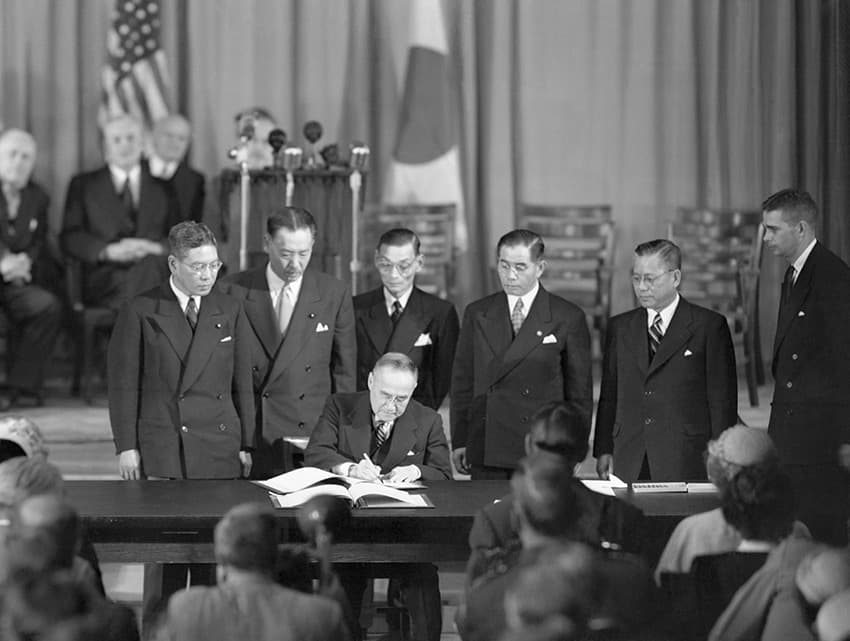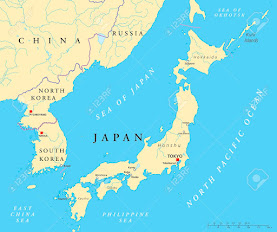Japan's political history has witnessed significant changes across the centuries. From its early tribal governance to the modern constitutional monarchy, Japan's political landscape has continually transformed, reflecting its adaptability and growth.
Ancient Japan: Tribal Leadership
In ancient
times, Japan was divided into numerous tribes, each led by a chief or
chieftain. These tribal leaders made decisions for their communities and often
engaged in conflicts over territory and resources.
Feudal Japan: Shogunate Rule
During the
feudal era, a hierarchical system emerged with a central shogun (military
leader) who held de facto power. Emperors maintained a symbolic role while
shoguns controlled the government. Daimyo (feudal lords) governed regions under
the shogun's authority.
Edo Period: Tokugawa Shogunate
The Edo
period saw the Tokugawa shogunate establish a centralized government. This
period of stability enforced strict social order and controlled the daimyo,
ensuring peace and economic growth. Isolationist policies limited contact with
the outside world.
Meiji Era: The Meiji Restoration
In the late
19th century, the Meiji Restoration marked a dramatic shift. The emperor was
restored to power, and Japan embraced modernization. A constitutional monarchy
was established, granting the emperor a symbolic role while a parliament, known
as the Imperial Diet, gained legislative power.
Post-WWII: Democratic Reforms
After World
War II, Japan underwent democratic reforms under the guidance of the United
States. A new constitution was adopted in 1947, establishing a parliamentary
system. The emperor became a purely symbolic figure, and the government is now
elected by the people.
Contemporary Japan: Political Stability
Today,
Japan maintains a stable political system with multiple political parties. The
Prime Minister, chosen from the majority party in the Diet, leads the
government. Japan's politics focus on economic and international issues,
contributing to its global influence.
Challenges and Adaptations
Japan faces
political challenges, including demographic shifts and diplomatic relations
with neighboring countries. Policymakers continually adapt to address these
issues while ensuring the nation's political stability and prosperity.
Japan's
political history reflects its capacity to evolve and adapt to changing
circumstances. From tribal leadership to modern democracy, Japan's political
journey underscores its resilience and commitment to serving the best interests
of its citizens.








0 Comentarios